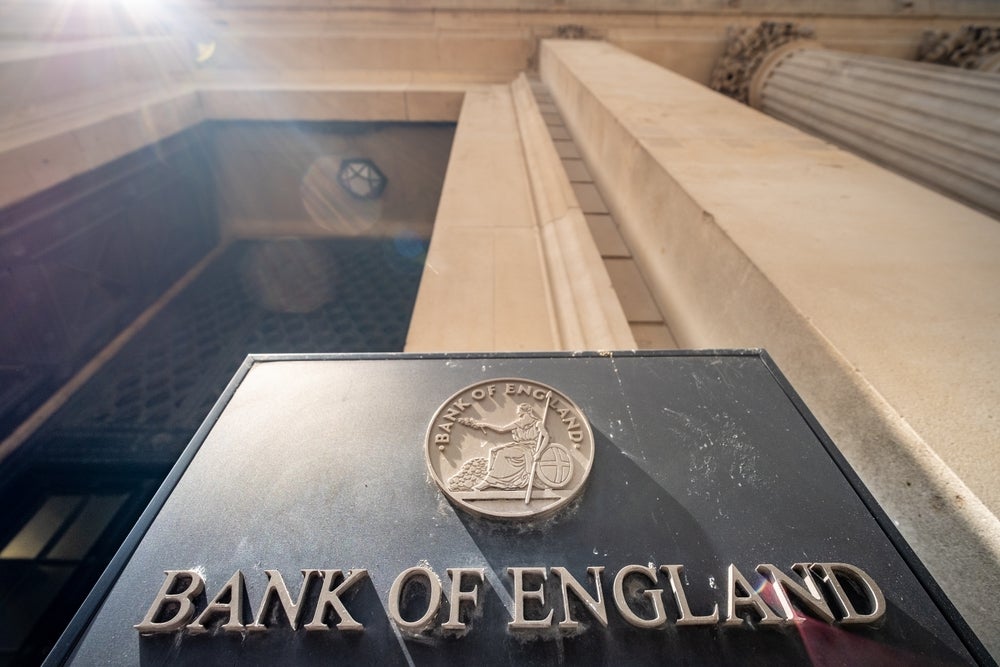
A new study has revealed the top five banks in the UK where customers are most at risk of fraud, with Santander ranking at the top of the list.
Experts at VPN Overview analysed Google search data to discover the search volume for multiple terms including ‘fraud number’ and ‘fraud helpline’, combining these to determine which banks have the highest number of customers experiencing scams.
| Ranking | Bank | Fraud Search Volume |
| 1 | Santander | 11,690 |
| 2 | NatWest | 11,480 |
| 3 | Barclays | 9,450 |
| 4 | HSBC | 5,540 |
| 5 | Halifax | 4,620 |
Santander places top of the list with a total search volume of 11,690. Despite being a well-established bank that operates internationally in countries such as France, Italy, Canada, and the United States, many customers have found themselves victim to scams, with ‘Santander fraud line’ taking the highest number of searches of each term analysed.
Second in the ranking is NatWest. It may be one of the Big Four banks in the UK, but customers appear to be dealing with troubling situations with ‘NatWest fraud team number’ holding the second highest number searches of 2,900 compared to the other terms in the study. It was announced in October that 43 branches were closing at the start of this year, as well as 23 more set to close between April and June, suggesting that customers may be finding it more difficult to resolve fraud related issues in person and are therefore searching online for help.
Third on the list is Barclays, one of the largest banks in the UK, which gathered a total of 9,450 for fraud related searches. Of all the terms analysed, ‘Barclays fraud’ and ‘Barclays fraud number’ came joint third with a search volume of 2,400 for each term.
Yet another one of the Big Four banks to top the list is HSBC in fourth place. While it placed 38th globally in the Forbes ranking of the largest companies based on sales, profits, assets, and market value, the fraud search volume for HSBC takes a total of 5,540.
How well do you really know your competitors?
Access the most comprehensive Company Profiles on the market, powered by GlobalData. Save hours of research. Gain competitive edge.

Thank you!
Your download email will arrive shortly
Not ready to buy yet? Download a free sample
We are confident about the unique quality of our Company Profiles. However, we want you to make the most beneficial decision for your business, so we offer a free sample that you can download by submitting the below form
By GlobalDataIn fifth place is Halifax – the only bank on the list that isn’t part of the Big Four – with a total search volume for fraud related terms of 4,620. Like NatWest, Halifax also announced 18 branch closures which are going ahead between April and June due to more people using online banking, despite the fact that online scams are one of the common banking fraud methods.
A spokesperson from VPN Overview commented on the findings: “Currently, there are an abundance of phishing scams circling looking to steal bank details and other personal information. These will aim to trick you via texts, emails, and even phone calls. While the study reflects that customers of these particular banks are more likely to be a victim of fraud, it’s crucial for everyone to be wary of these dangerous scams – regardless of whether their bank is listed in the top five.
“To avoid falling victim to phishing scams, it’s essential to never click on unfamiliar links in emails or texts or to provide personal information on a phone call that you receive. If ever uncertain, you can always call your bank to find out if any text, call, or email you receive is genuine.”
The study was conducted by VPNOverview.com, cybersecurity experts dedicated to helping internet users feel safer and protected online.






